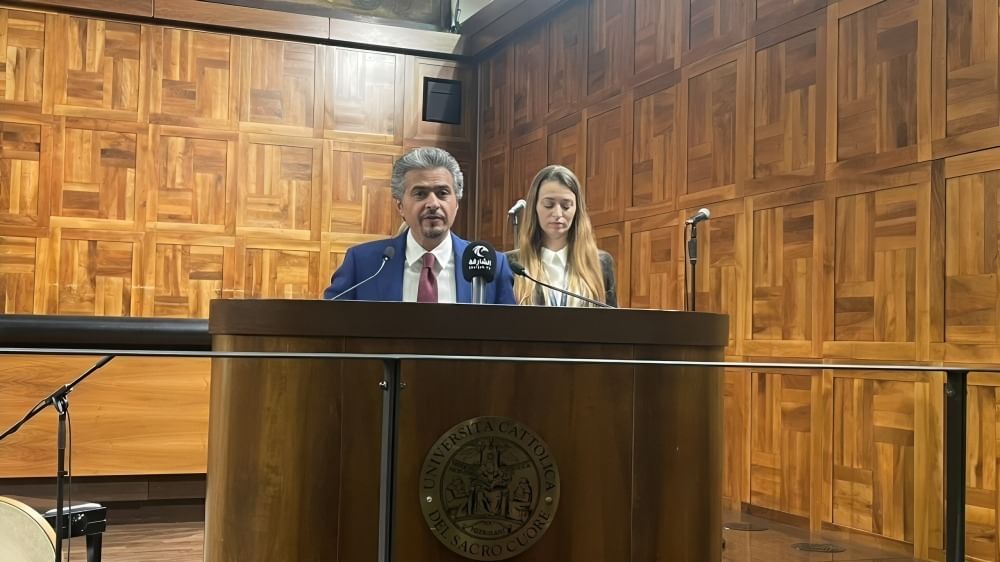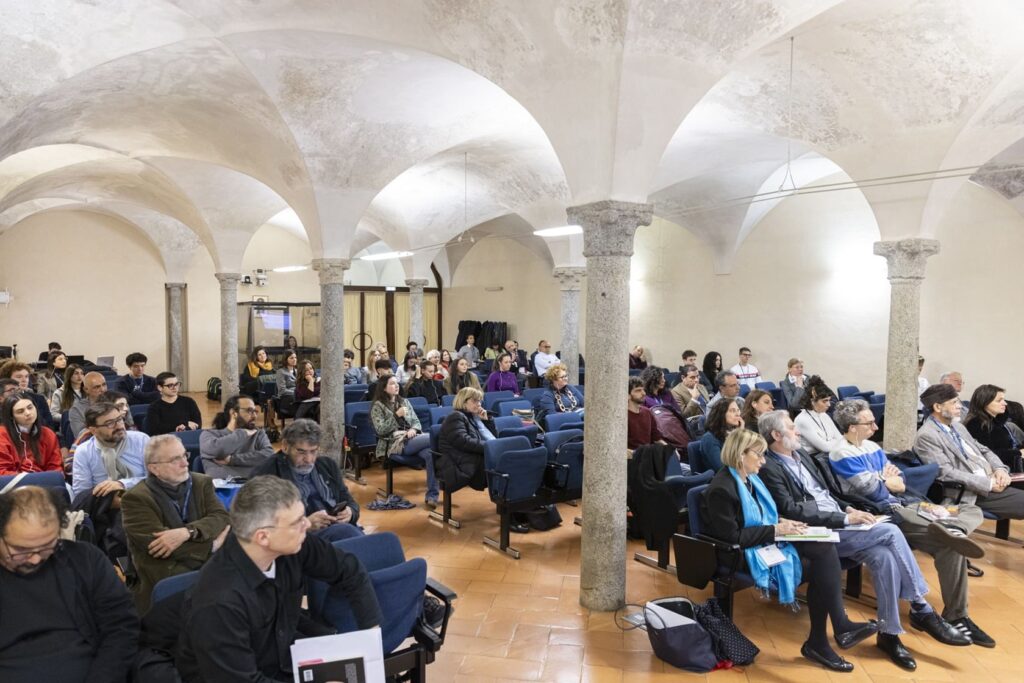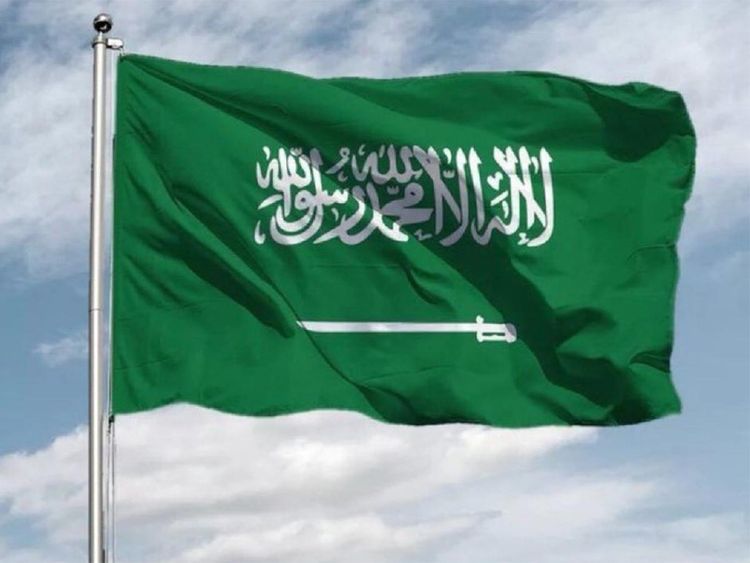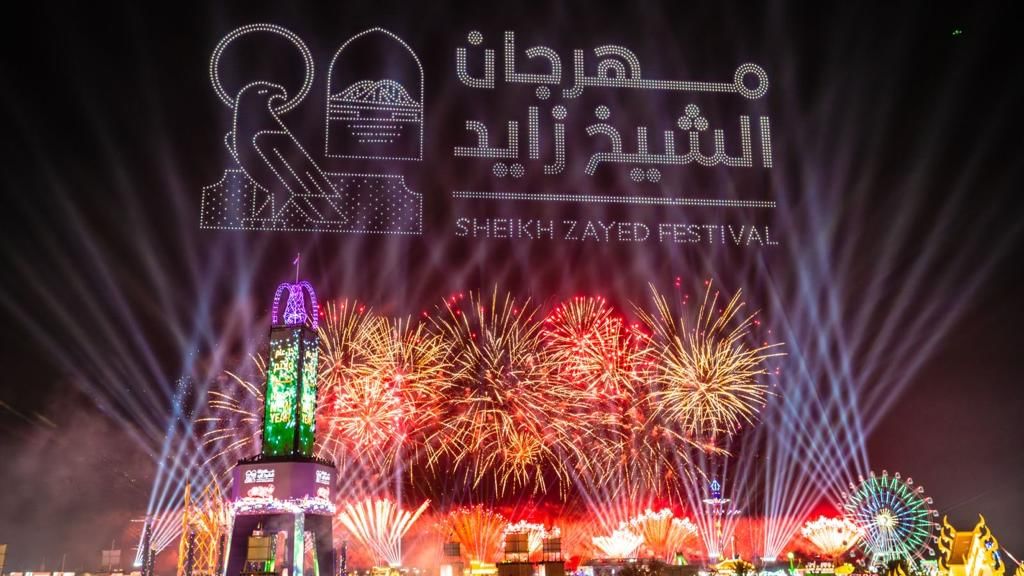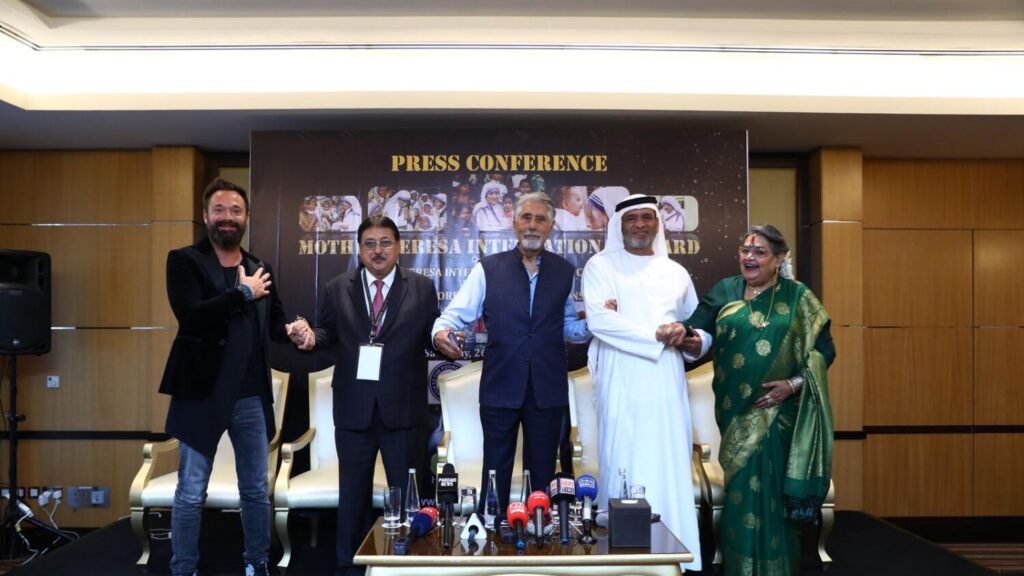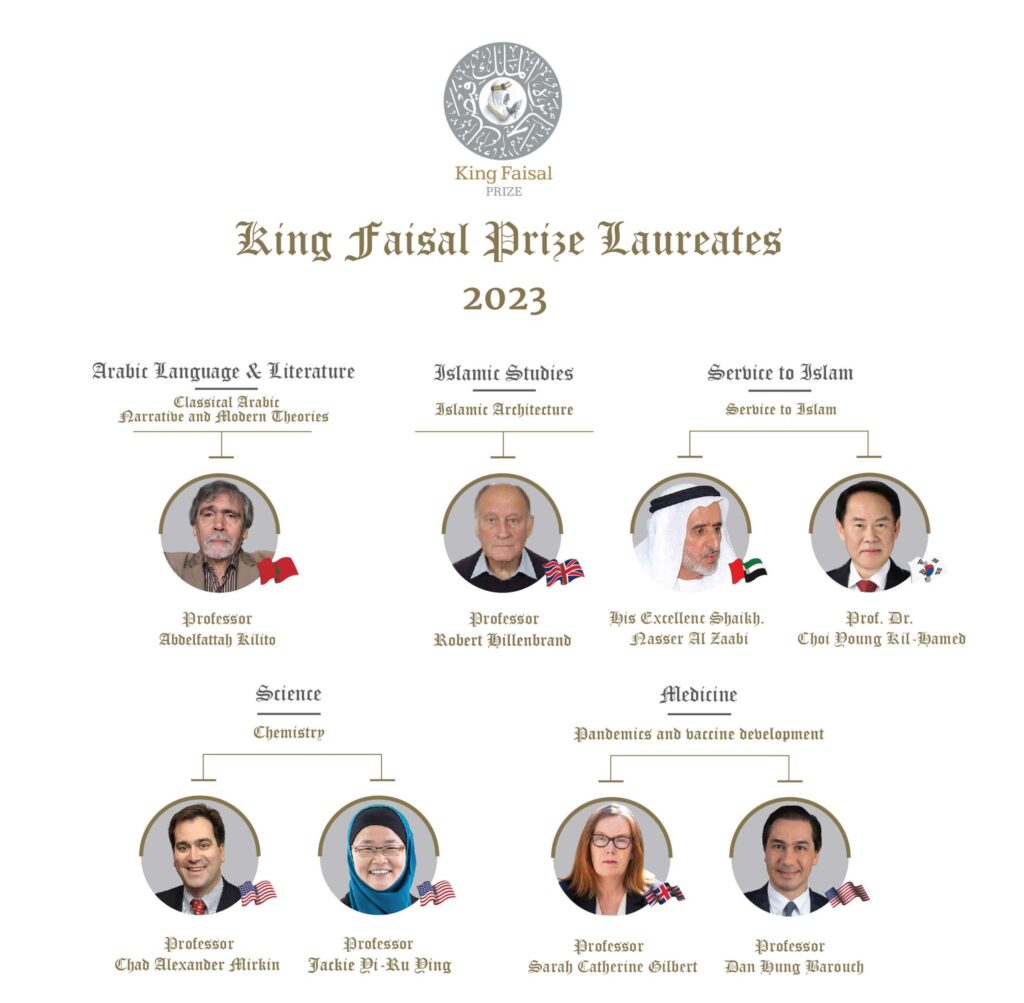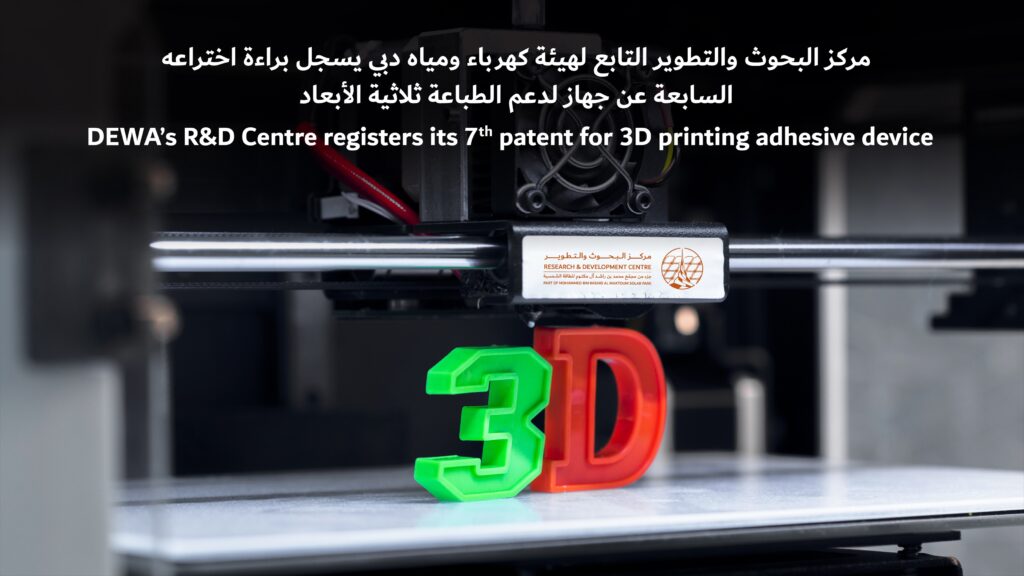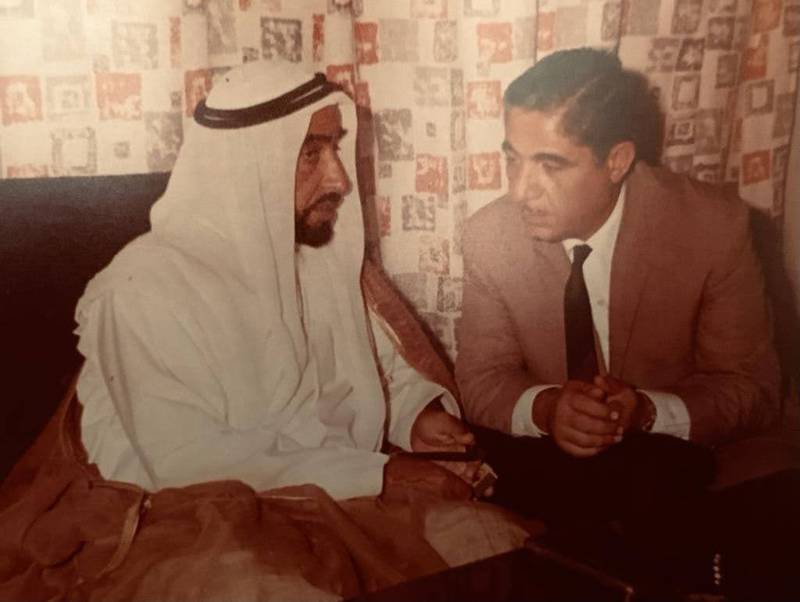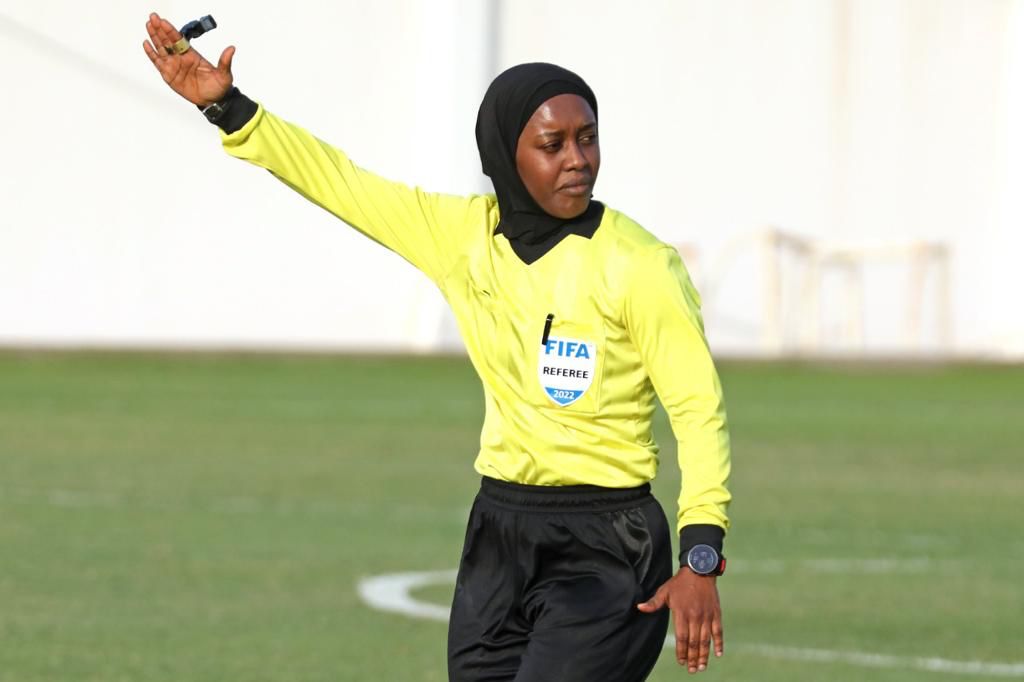The UAE has won membership in the Board of Directors of the International Electrotechnical Commission (IEC) for the period 2025-2027, after receiving the unanimous votes of member states during the General Assembly meeting held last week in Edinburgh, United Kingdom, in a new achievement added to the country’s record of distinguished international achievements.
Her Excellency Dr. Farah Al Zarouni, Assistant Undersecretary for the Standards and Legislation Sector at the Ministry of Industry and Advanced Technology, was announced as a member of the Board of Directors.
The UAE’s winning of membership in the Board of Directors of the International Electrotechnical Commission (IEC) as the first Arab country to win this membership, with the unanimous votes of all countries, reflects the continuous efforts made by the Ministry of Industry and Advanced Technology in the quality infrastructure system, and its various initiatives to develop standard specifications, conformity systems and programs. The UAE plays a vital role in supporting the work of the committee, which includes more than 170 countries under its umbrella, and provides a global and neutral standardization platform for more than 30,000 experts worldwide, in addition to spreading the best Emirati and Gulf practices in the field of standardization, and enhancing the competitiveness of Emirati products and the sustainability of supply chains at the regional and international levels.
His Excellency Dr. Sultan Ahmed Al Jaber, Minister of Industry and Advanced Technology, stressed that winning membership in the Board of Directors of the International Electrotechnical Commission (IEC) is a distinguished achievement for the UAE as the first Arab country to win membership in the Board of Directors by unanimous vote of the participants, noting that all progress achieved by the UAE comes thanks to the vision of the leadership and its keenness to support building expertise, raising efficiency and improving performance in all sectors.
His Excellency explained that obtaining the unanimous vote comes as a result of the strategic partnership and cooperation approach between the UAE and various countries, pointing out that the new achievement confirms the country’s growing position in the quality infrastructure system, and the depth of global confidence in the efficiency and capacity of this system in the country, especially since it comes after the UAE won membership in the Board of Directors of the International Organization for Standardization (ISO) last September.
He said: The quality infrastructure system represents one of the pillars and enablers of industrial growth in the UAE, supporting the objectives of the National Strategy for Industry and Advanced Technology (300 Billion Project) and the “Make in the Emirates” initiative, stressing that the country’s membership in the “IEC Board of Directors” enhances its role as a major partner in shaping the future of quality infrastructure at the international level and developing specifications, innovations and modern technology, such as artificial intelligence, the Internet of Things, and renewable energy.
Her Excellency Dr. Farah Al Zarouni, Assistant Undersecretary for the Standards and Legislation Sector at the Ministry of Industry and Advanced Technology, headed the UAE delegation participating in the meetings of the International Electrotechnical Commission (IEC) in the United Kingdom, which included representatives from the Abu Dhabi Quality and Conformity Council, the Abu Dhabi Department of Energy, the Abu Dhabi National Oil Company (ADNOC), the Dubai Electricity and Water Authority, Space42, Emirates Global Aluminium, and ABB.
Al Zarouni said that the ministry is working within integrated efforts with partners in local government agencies and the private sector to enhance the efficiency of production sectors with specifications and systems that are in line with the best international practices, and facilitate the access of Emirati products to new markets, noting that the UAE has more than 27,000 standard specifications and technical regulations that support the outputs of industrial sectors, innovation, sustainable manufacturing, energy efficiency programs, and others; She stressed that the UAE membership will enhance the efforts of Emirati and international integration to unify and harmonize new developments in the standardization system and reach leading positions that support Emirati competitiveness.
As part of the UAE’s participation in the annual meetings of the International Electrotechnical Commission (IEC), the country was keen to enhance its participation in the IEC Young Professionals Program to build national youth capacities and empower them in the field of standardization and conformity programs, as the country participates annually by nominating two young Emiratis in this program.
The programme was attended by Eng. Majid Bin Zobaa from ABB and Eng. Maha Al Shehhi from Dubai Electricity and Water Authority. The country’s candidate, Eng. Majid Bin Zobaa, was able to win the seat of Young Professional Leader for 2024 for the Asia and Middle East group.
Winning the seat of the organization’s Young Professional Leader is a distinguished achievement, as it is the country’s fourth consecutive win since 2021, and the fifth since participating in the program. It enhances the effective role played by the UAE at the international level, and reflects the efficiency and capabilities of young citizens to represent the country during participation in the activities of regional and international organizations in a way that serves the country’s interests and achieves its strategic goals.
The International Electrotechnical Commission (IEC) is one of the largest international organizations leading in setting and developing standards for the electrical, electronics and related technologies sectors. It aims to facilitate international trade in products and services by setting international standards that ensure quality and safety, and conformity assessment programs, and allows manufacturers to produce products of advanced quality and performance. The specifications issued by it are considered one of the most important and reliable international standards in the electrical sector.
IEC specifications are widely used in the production of equipment used in power transmission and distribution devices for home appliances and office equipment, semiconductors, optical fibers, batteries, solar energy, nanotechnology, marine energy, electronics, electromagnetic compatibility, medical technology, safety and environment, and other fields.
source/content: wam.ae (headline edited)
_____________
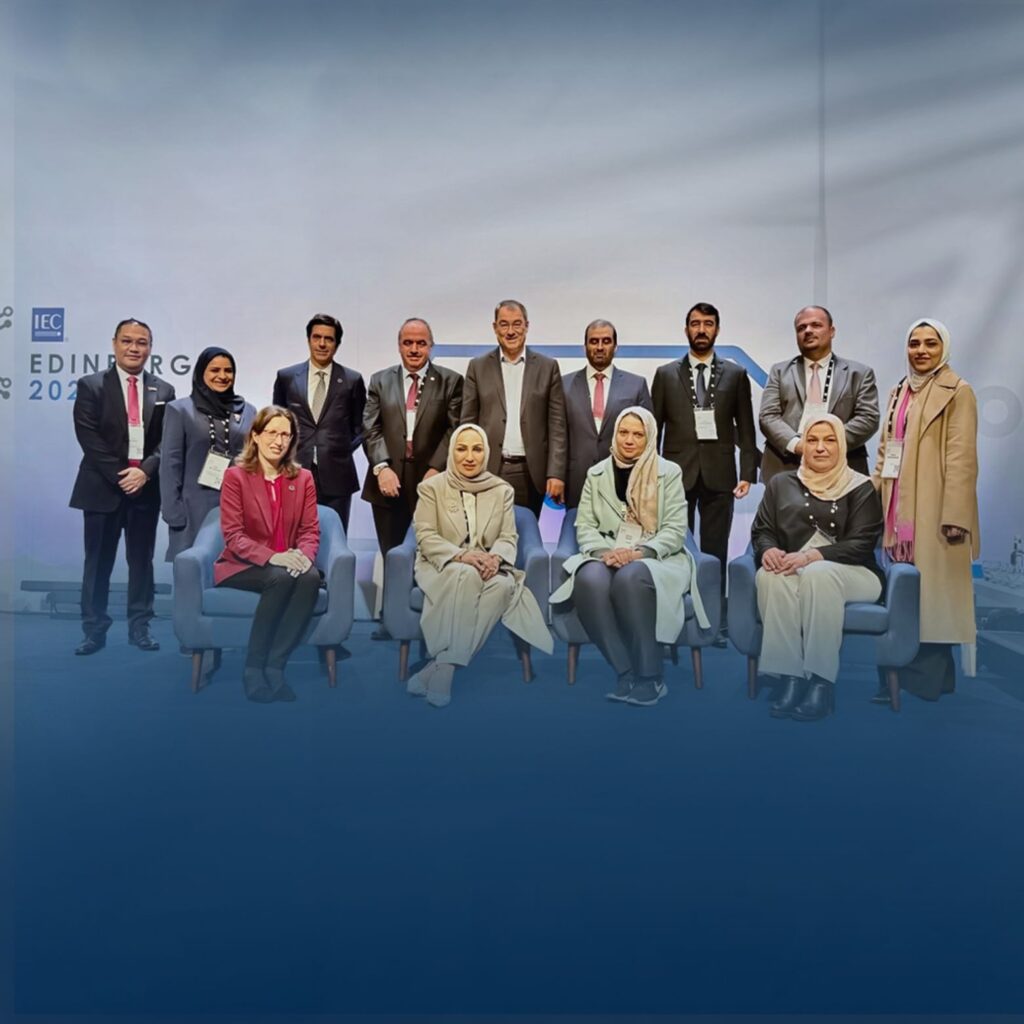
____________________________________
UNITED ARAB EMIRATES (U.A.E)
